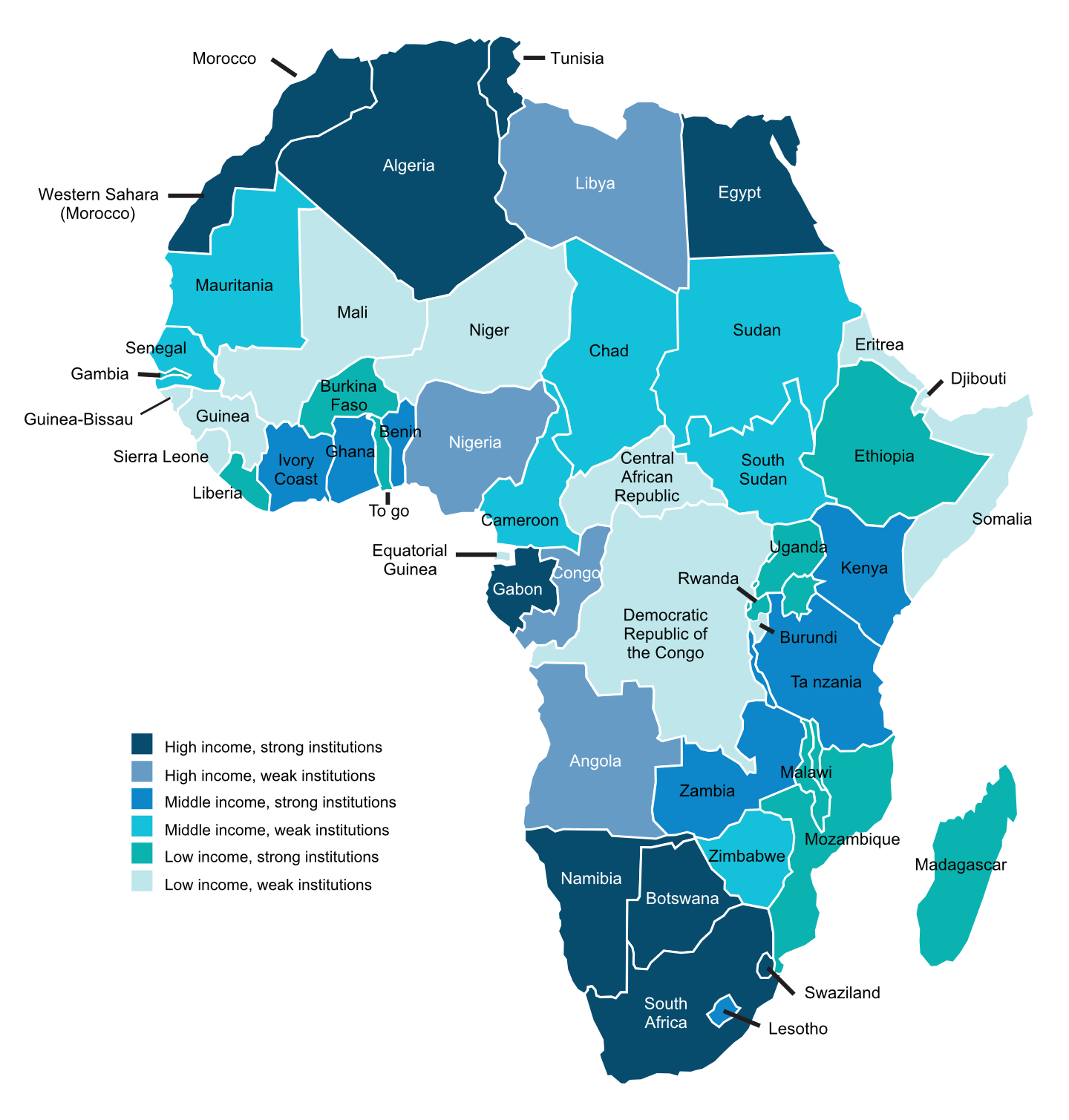Many people have asked me why we chose Africa and in particular Ghana as a base to grow the timeware® brand.
In the late 90’s, the company recognised the benefits of export revenue and I began researching countries that were primarily English speaking, had a strong manufacturing base with companies employing 500+ staff but more importantly, were far enough out of the way to be ignored by our larger competitors!
Stability & growth
West Africa looked like a strong contender although there were bloody civil wars raging in Liberia and Sierra Leone. Ghana, however, looked interesting as it had not experienced civil unrest, unlike many of its neighbours, since its independence from Great Britain in 1957. Since my first visit to Ghana in 1999, we have grown our market share by implementing procedures and methodologies developed by timeware® back in the UK. visisure (West Africa) Ltd is our approved partner covering the West Africa region from its base in Accra, Ghana. Once the neighbouring countries regained political stability, the visisure team were able to install systems right across the West African region.
The problem with ghosts
‘Ghost workers’ are an endemic problem across Africa. A ghost worker is someone recorded on a payroll system, but who does not work for the business. The ghost can be a real person who knowingly or not is placed on the payroll, or a fictitious person invented by the dishonest employee. The fraud attacks the payroll system with false employees. The aim of the fraud is to have a wage paid to the ghost and collected by the dishonest employee. This is done by entering the ghost employee into the payroll system. The fraud does not require an accomplice but, depending on how wages are paid, an accomplice may make the fraud easier to conduct as it will eliminate any need to convert the payment from the ghost to the dishonest employee.
What is the extent of the problem of ghost workers in Africa?
September 2015: Cameroon says it does not recognize more than 10,000 people claiming salaries as state workers, costing the central African nation an estimated $12 million every month.
May 2016: Tanzania has removed more than 10,000 ”ghost workers” from its public sector payroll in a crackdown on corruption. Payments to the non-existent employees had been costing the government more than $2m (£1.4m) a month, according to the prime minister’s office.
June 2016: Nigeria has removed 23,846 employees from the government payroll, after an official audit revealed they don’t exist. Cutting out these ”ghost workers” will reduce the government’s monthly wage bill by 2.3 billion naira ($11.5 million), Nigeria’s finance ministry said in a statement.
July 2016: The Ministry of Public Service, (Uganda), has removed 5,586 employees from the government payroll following an audit which revealed they did not exist. (source: various).
A timeware® solution
95% of the timeware® systems installed in Africa are fingerprint biometric. The introduction of such systems can sometimes be problematic as the people benefiting from the ‘ghost worker’ problem are always in managerial positions and are sometimes part of the team responsible for organising the purchasing and implementation of their company’s attendance solution! As salaries begin to climb and as more secure banking controls are introduced and ultimately as more people become aware of the harm that ‘ghost workers’ can cause a business, It is hoped that that the practice will diminish but until then, timeware® provides an effective solution for a continent-wide problem.

